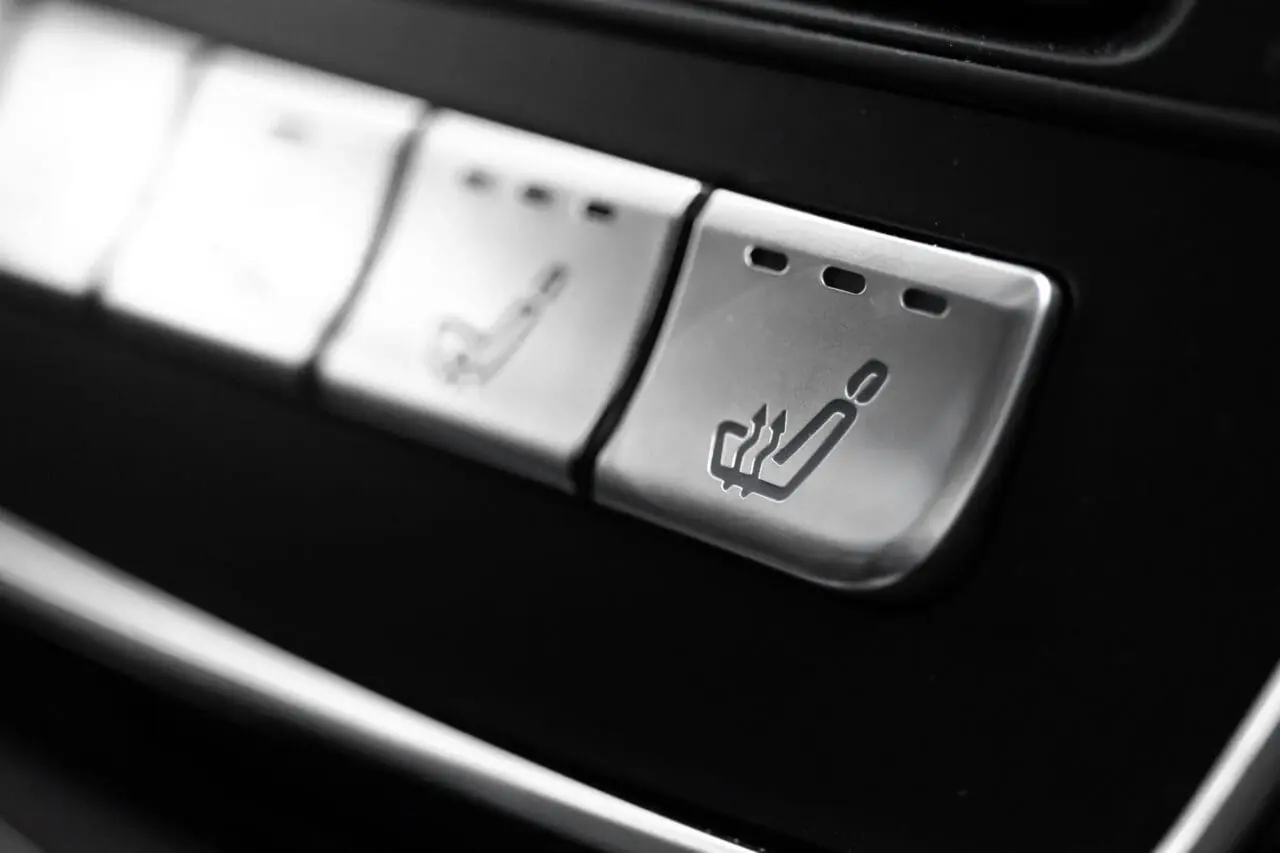

BMW UK is now offering ConnectedDrive owners Front Seat Heating for a £15 per month or £150 per year subscription.
BMW ConnectedDrive Services use the smart / Internet-connected element of the car to enable owners to use software to activate more services in the car by paying a subscription for each, without needing to visit a dealer to activate them. Subscriptions can be purchased for features such as Adaptive Suspension, Drive Recorder, Safety Camera Information (traffic camera alerts), High Beam Assistant, Steering Wheel Heating, and more.
The new Front Seat Heating feature can be enabled following a subscription sign-up, using an “over-the-air remote software download”. The service allows for the front seat heating to be activated so that the seats warm up “in no time” and can be individually adjusted on three levels, with the service heating the seat cushion, the side bolsters, and the backrest.
Other companies also offering subscription-based extras include:
– Tesla. The company started a rear heated seats service back in February 2020 for its Model 3 Standard Range and Standard Range Plus as a new over-the-air upgrade. Since then, it has added more options.
– Toyota. Last December, it announced that it would be charging for a remote start key fob feature.
– General Motors. The company is reported to have added a $905+subscription for GM’s OnStar Connected Services to Buick and GMC vehicles.
With these types of subscriptions, car companies appear to have found a way to increase the revenue they can make from each car on top of the sale itself, although many cars may be leased or offered as a subscription service anyway. For example, Stellantis, the world’s sixth-largest automaker, has said that software subscriptions could enable it to make $4.5 billion in annual revenue, perhaps as soon as 2026.
Although software subscriptions may be good news for car makers, customers have been critical of the idea. Some of the main criticisms include:
– Owning a car should mean owning everything instead of only purchasing part of it and being forced to rent other parts.
– Car manufacturers are effectively putting software blocks on parts of the car, which owners must pay to remove.
Some of the benefits of the subscription services could include:
– Giving owners of a second-hand vehicle the opportunity to add the original features of the car that the previous owner may not have used.
– Owners can purchase a short-term feature trial, meaning they don’t need to fully commit to paying for a feature until they’re happy with it.
The pandemic saw car manufacturers’ profits hit by a slump in demand, and there are now many different ways to ‘own’ a car. Also, making many different variations of a car model can add costs. However, technology, i.e. a ‘smart’ car and the use of software, plus a marketplace that is used to a subscription economy, have allowed car manufacturers to dramatically increase their revenue from vehicles. Producing a car that already has the hardware built-in but is controlled by software blocks gives car manufacturers a way to reduce some costs and offer a faster and easier way to offer customers a kind of customisation. These subscriptions may, however, put pressure on dealerships because they are bypassed in the process. For many motorists, however, there is a feeling that buying a car may no longer mean owning all of it but instead just buying the basics and having to essentially rent other parts of it, thereby raising questions about whether it is fair or ethical. The situation could also result in complications over the right to repair, contractual and legal challenges, and security.
This website uses cookies to improve your experience. Choose what you're happy with.
Required for the site to function and can't be switched off.
Help us improve the website. Turn on if you agree.
Used for ads and personalisation. Turn on if you agree.
This website uses cookies to improve your experience. Choose what you're happy with.
Required for the site to function and can't be switched off.
Help us improve the website. Turn on if you agree.
Used for ads and personalisation. Turn on if you agree.